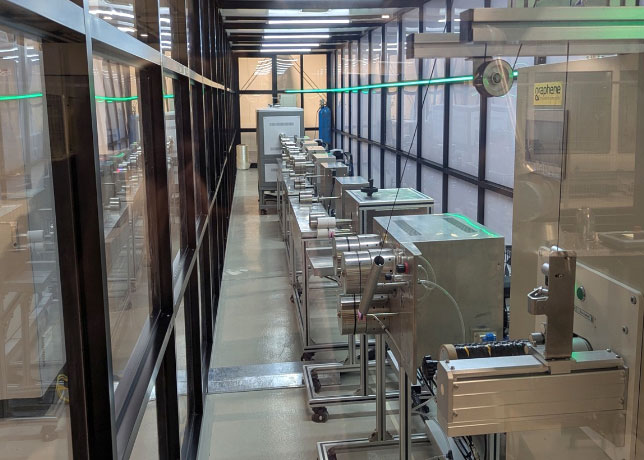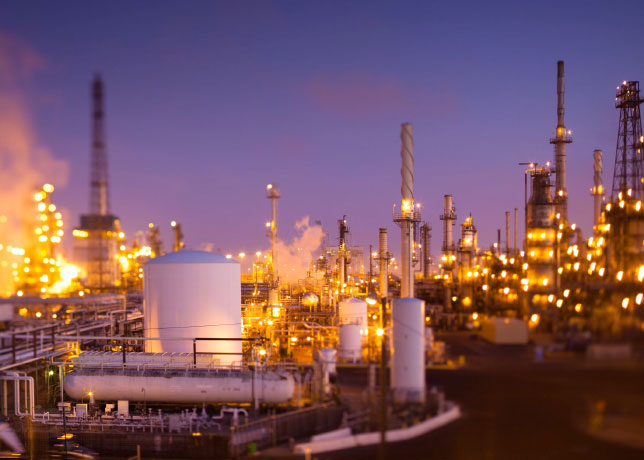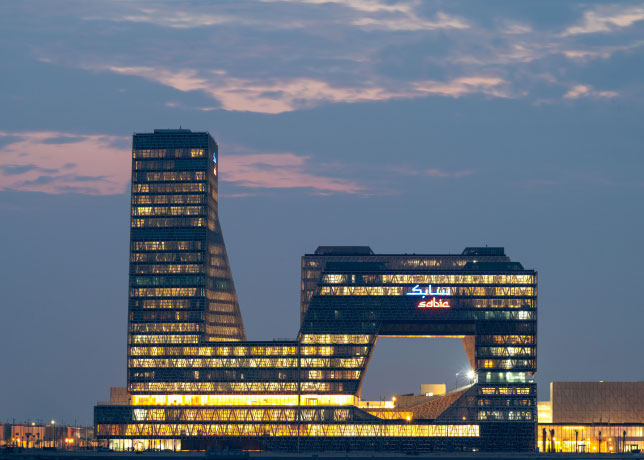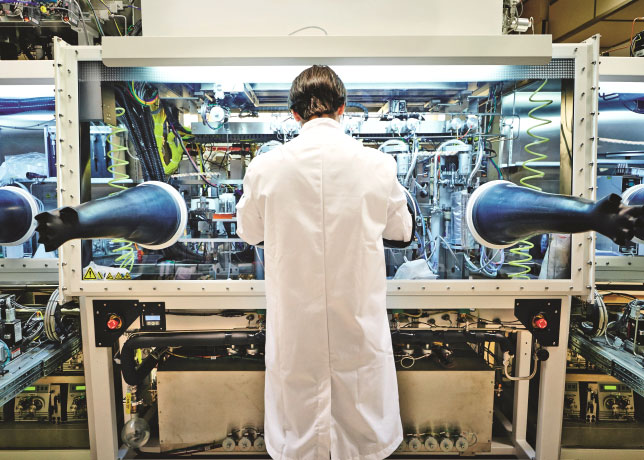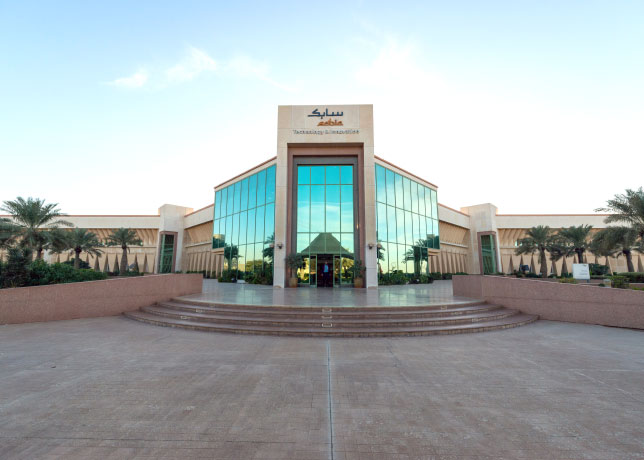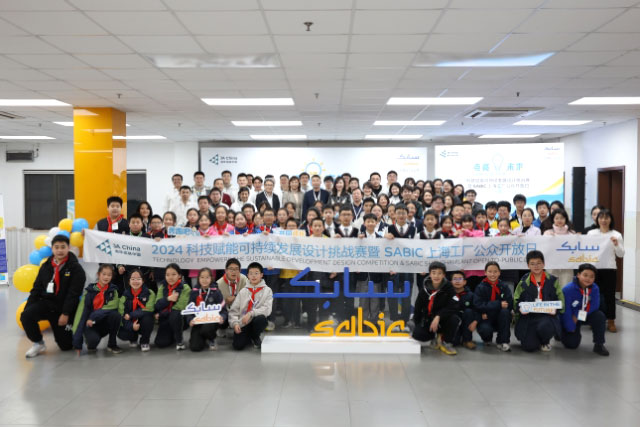
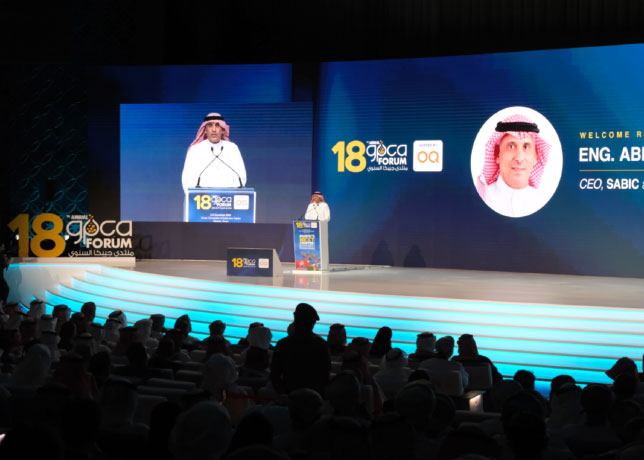 Abdulrahman Al-Fageeh speaks at the 18th Annual GPCA Forum
Abdulrahman Al-Fageeh speaks at the 18th Annual GPCA Forum
Since the challenges of sustainability and innovation cannot be faced by the GCC alone, there is growing recognition of the need for collaboration across industries, governments, and international borders
The future of the GCC chemical industry is increasingly defined by a shift towards sustainability, innovation, and global collaboration.
As environmental challenges intensify, the region’s chemical and petrochemical sectors are adapting to new demands for cleaner, more efficient energy solutions.
Sustainability is now a central theme in the GCC's industrial strategy, with the chemical industry embracing its responsibility to reduce environmental impact while continuing to drive economic growth.
Sustainability initiatives in the region's chemical sector include a focus on the circular economy, where waste is minimised and materials are reused.
Innovations in carbon capture and storage, hydrogen technologies, and renewable energy solutions are already helping reshape production processes to be more sustainable.
These technologies not only aim to reduce the carbon footprint of chemical manufacturing but also enable the industry to meet the growing demand for environmentally friendly products.
Feedstock transformation is another key area of focus, as the industry moves away from traditional petrochemicals towards producing higher-value, sustainable chemicals.
This transition is positioning the GCC as a leader in the global market for green products, while helping companies diversify and future-proof their operations.
By leveraging new materials and methods, the chemical industry in the region is responding to global demands for more sustainable and versatile chemical products.
Innovation continues to drive the transformation of the sector, with companies investing in cutting-edge technologies such as artificial intelligence, automation, and the Internet of Things (IoT).
These technologies are improving production efficiency, reducing resource consumption, and ensuring that the sector remains competitive on the global stage. In particular, the integration of digital tools allows for real-time monitoring and optimisation of manufacturing processes, supporting ongoing sustainability goals.
However, the challenges of sustainability and innovation are not ones that the GCC can face alone.
There is growing recognition of the need for collaboration across industries, governments, and international borders.
Industry leaders are calling for stronger partnerships to accelerate the adoption of new technologies and to ensure that the chemical industry can meet global environmental standards.
As Abdulrahman Al-Fageeh, CEO of SABIC and Chairman of the Gulf Petrochemicals and Chemicals Association (GPCA), stated at the 18th Annual GPCA Forum: "The chemical industry has plenty to be optimistic about. So, that’s why it makes sense to prepare itself now for the long term. It needs to embrace the concept of sustainability. But to do this, it will need to design, build, and run facilities according to the state of the art."
The importance of attracting young talent to the industry is also a key focus, with many stakeholders in the region working to inspire the next generation of leaders in chemical engineering and sustainability.
By fostering a skilled workforce, the GCC is ensuring that the industry will remain a significant global player for years to come.
As the chemical industry in the GCC continues to embrace sustainability, innovation, and collaboration, it is set to lead the way in shaping a greener, more efficient global chemical industry.
With a strong commitment to these values, the region is poised to play a pivotal role in meeting the world’s future industrial needs.







































































